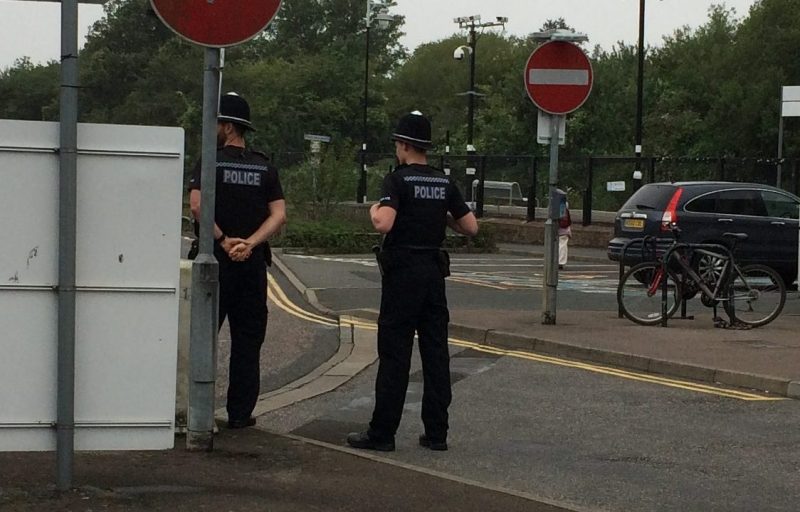At first sight, law-abiding citizens will welcome the announcement in the Police Commissioner’s latest newsletter (dated February 19) that Sussex police have reopened recruitment. The aim is to attract 200 extra police officers in each of the next four years. This has been made possible, says Police and Crime Commissioner Katie Bourne, by the increase in public funding, made through council tax after a county-wide consultation.
“I want to see their contributions going into visible and effective local policing,” she said. This will “protect 476 staff and officer posts, sustain local policing and make sure the Chief Constable puts resources in areas the public say matter to them . . . and I remain committed to investing in local policing.”
The county’s Police and Crime Panel supported her recommendation at its meeting on January 19. Afterwards, panel chairman Cllr Bill Bentley said: “The panel was thorough in its challenge of the Commissioner’s proposals given the burden a 7.8 per cent increase would put on residents. But we recognise that without the additional income residents would see a significant reduction in frontline officers over the next four years – something the public, along with members of the Panel, have been quite clear in opposing.”
So what is the reality? Sussex police has already saved £76m since 2010 and the Chief Constable’s Local Policing Plan is working towards delivering further savings over the next four years, we are told. The recruitment drive is not to increase the numbers of police ‘on the beat’ but to reduce the impact of reductions in police officer numbers. So there is little likelihood that policing presence will be stepped up as the public has repeatedly urged.
Incidentally, the extra £12 per year that Sussex residents will pay on average for police services is part of a ring-fenced precept where our democratic system allows its citizens the right to say how their taxes shall be spent. If this works at local council level, why not nationally? There are indeed examples of tax hypothecation at national level, for example the Television Licence which supports the BBC, and National Insurance contributions which are ring-fenced for the National Health Service. In principle this could be extended into spendiing on education and other areas. Yet central government has rejected calls only last year in parliament (the so-called Taxes for Peace Bill, sponsored by Ruth Cadbury MP) to allow people the right to refuse to contribute towards military expenditure on grounds of conscience. Democracy is well and good, but we cannot afford too much of it, it seems.
Photo: Rye News Library
Image Credits: John Minter .



